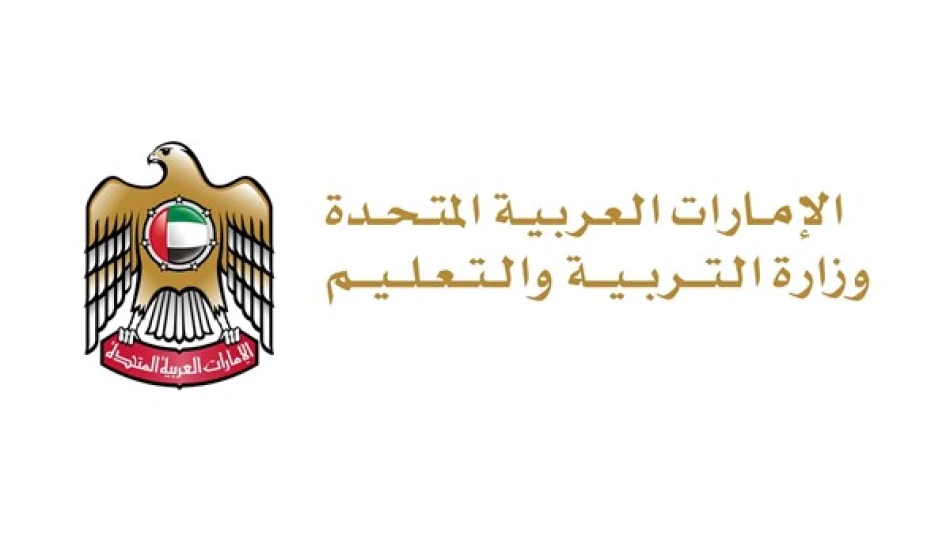
State Schools Reopen: Educators and Administrators Return to Classrooms Tomorrow
UAE Overhauls School Calendar Structure as Teachers Return to Prepare for 2025-26 Academic Year
The United Arab Emirates is implementing a significant restructuring of its academic calendar as administrative and teaching staff return to work tomorrow, marking the beginning of preparations for the 2025-26 school year. The new unified calendar system, affecting both public and private schools following the ministry curriculum, represents the most comprehensive educational scheduling reform in recent years and signals the UAE's continued push to standardize its rapidly expanding education sector.
New Academic Framework Takes Shape
Under the revised calendar structure, the upcoming academic year will span 178 school days distributed across three terms: 14 weeks in the first term, 9 weeks in the second, and 13 weeks in the third. This marks a departure from previous scheduling approaches and reflects careful calibration to optimize learning outcomes while maintaining competitive international standards.
Students will begin classes on August 25, giving teachers and administrators a full week of preparation time—a buffer period that education experts consider crucial for effective academic year launches.
Comprehensive Professional Development Strategy
The Ministry of Education has embedded three distinct professional development phases throughout the academic year, demonstrating a commitment to continuous educator improvement. The first specialized training period runs from tomorrow through August 22, followed by a second phase from October 13-15, and a third from December 8-12.
This structured approach to professional development aligns with global best practices seen in education systems like Singapore and Finland, where ongoing teacher training is prioritized as a cornerstone of academic excellence.
Standardization Drive Reflects Broader Educational Ambitions
The calendar unification between public and private schools represents more than administrative convenience—it signals the UAE's strategic approach to educational governance in a market where private institutions educate a significant portion of the student population. This standardization effort mirrors similar moves by other Gulf states seeking to maintain quality control while accommodating diverse educational providers.
Market Implications for Private Education Sector
For the UAE's substantial private education market, the unified calendar structure creates operational predictability while potentially reducing competitive advantages that some schools previously gained through flexible scheduling. Private school operators will need to align their planning cycles with government timelines, which could impact everything from staffing decisions to facility utilization strategies.
Regional Context and Timing Considerations
The August start date positions the UAE's academic calendar in line with other Gulf Cooperation Council countries, facilitating student mobility and teacher recruitment across the region. However, it maintains some divergence from the September starts common in Western education systems, reflecting the UAE's adaptation to local climate and cultural considerations.
The three-term structure also provides more frequent assessment and adjustment opportunities compared to traditional two-semester systems, potentially allowing for more responsive curriculum delivery and student support interventions throughout the year.
Most Viewed News

 Layla Al Mansoori
Layla Al Mansoori






